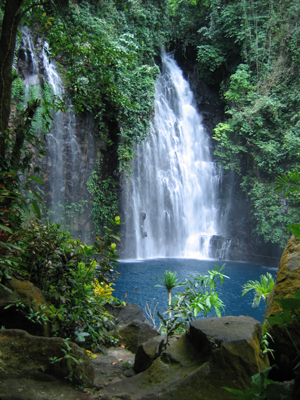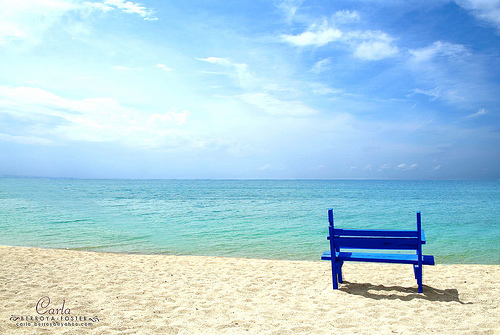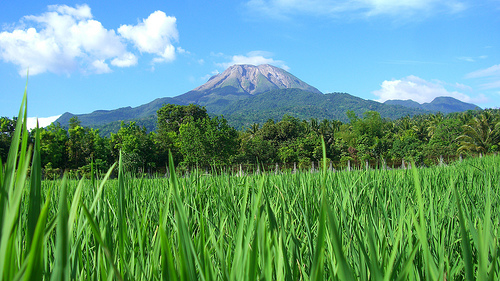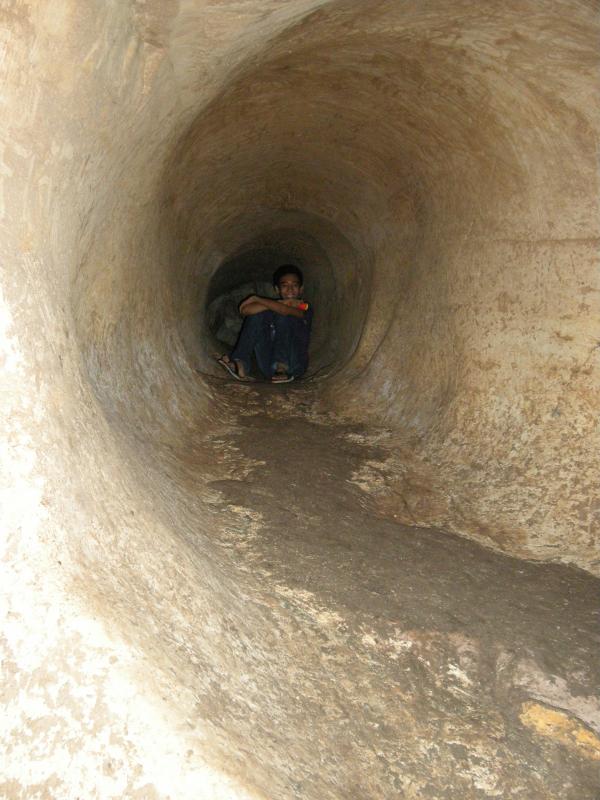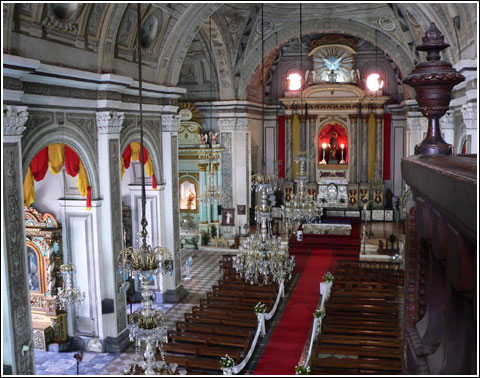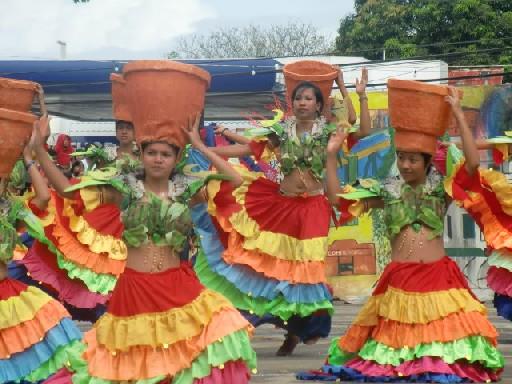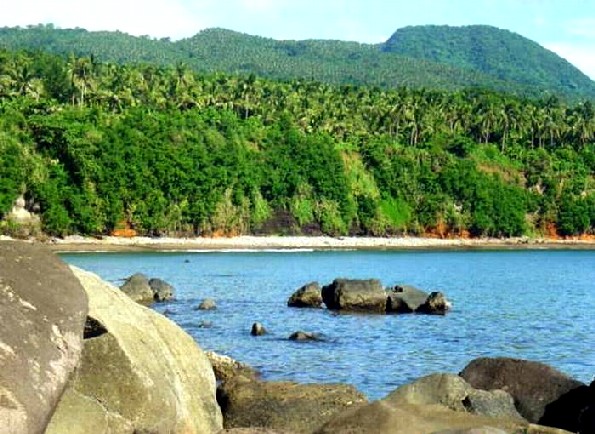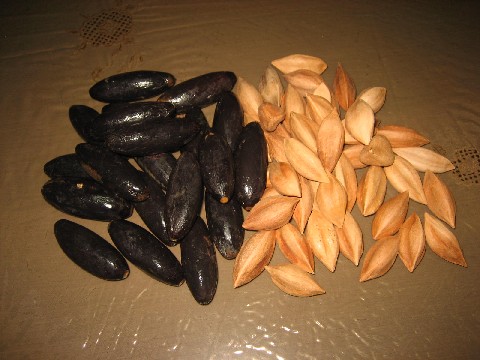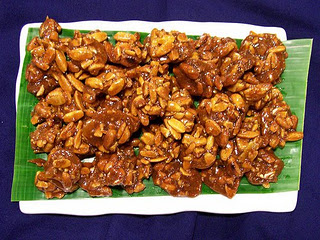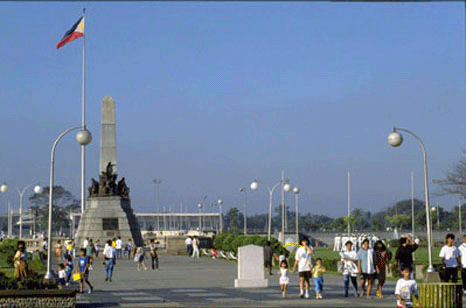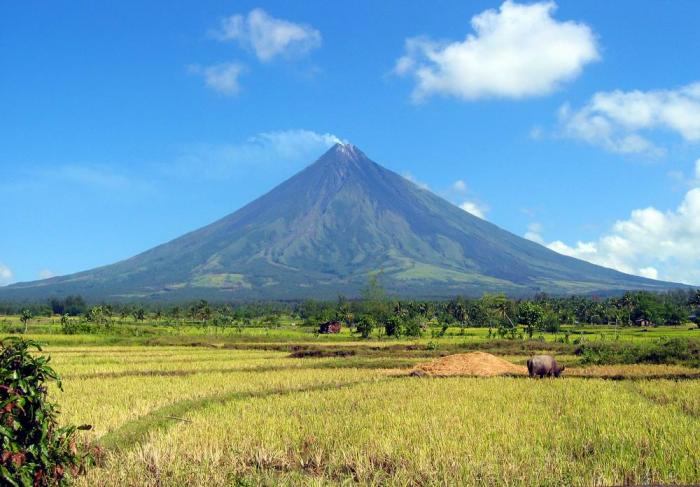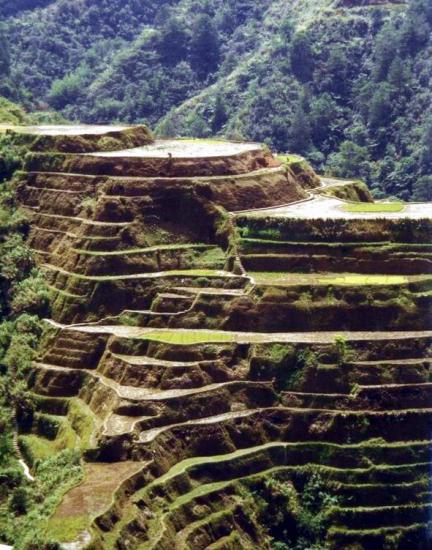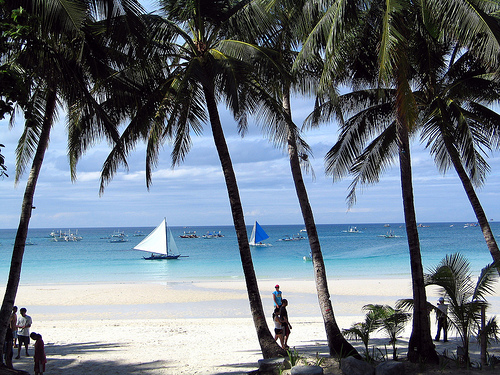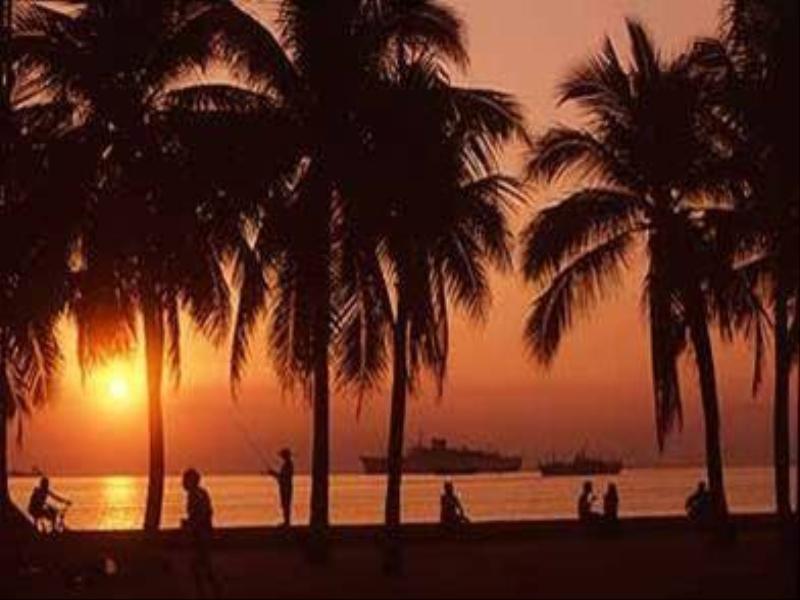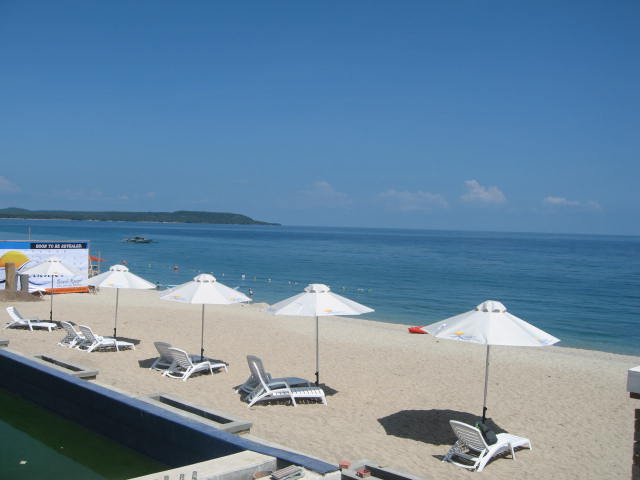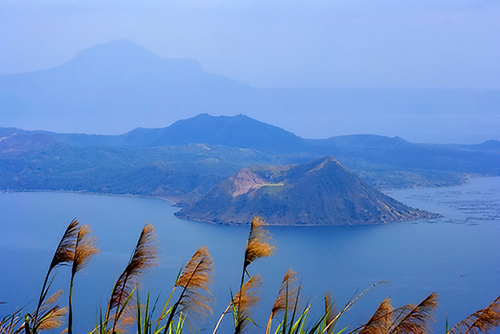Posts Tagged ‘Hobie in Sorsogon’
Planning a trip? Those who love to travel know the essence of all travel is about you and your enjoyment. Travelers know that the destination is a major part of planning a trip, experiencing and delving deeper into unfamiliar places, people, and culture are paramount.
Expand your horizons and set your sight to the Philippines, an off the beaten path travel site! An undiscovered paradise made of thousands of islands and white sand beaches all around! A tiny dot in the map of the world, and yet a haven for travelers, backpackers, retirees and even passersby.
It offers awesome tourist attractions, magnificent beaches, hot spring resorts, colorful festivals, hundreds of scenic spots and world-class hotels and facilities. Not to mention the tropical climate, the affordable prices as well as the friendly and hospitable, English-speaking people! You will be glad you came, and we’re sure, you WILL come back for more FUN in the Philippines!
SORSOGON
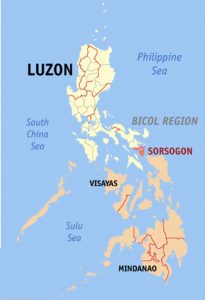 By Eugene Alvin Villar (seav) – English Wikipedia, CC BY-SA 3.0, https://commons.wikimedia.org/w/index.php?curid=485883
By Eugene Alvin Villar (seav) – English Wikipedia, CC BY-SA 3.0, https://commons.wikimedia.org/w/index.php?curid=485883
Sorsogon is a province of the Philippines located in the Bicol Region. It is the southernmost province in Luzon and is subdivided into fourteen municipalities (towns) and one city. Its capital is Sorsogon City (formerly the towns of Sorsogon and Bacon) and borders the province of Albay to the north. Sorsogon is at the tip of the Bicol Peninsula and faces the island of Samar to the southeast across the San Bernardino Strait and Ticao Island to the southwest. Sorsogueños is how the people of Sorsogon call themselves.
It is characterized by an irregular topography, and, except for landlocked Irosin, all the towns lie along the coast. They are all connected by concrete and asphalt roads. Mountains sprawl over the northeast, southeast and west portions. Mt. Bulusan, the tallest peak, rises 1,560 meters above sea level.
Sorsogon is a province of the Philippines located in the Bicol Region; it is the southernmost province in Luzon. Sorsogon is situated at the southernmost tip of Luzon. As a part of the gateway to the Visayas and Mindanao, the province is a melting pot of cultures and influences. From its earliest days as a trading post frequented by Chinese and Malay merchants, Sorsogon has evolved into a center of trade and commerce in the Bicol Region.
Sorsogon offers the visitor a wide variety of diversions from scuba diving to snorkeling, sport fishing, swimming, boating, island hopping, mountain climbing, biking, hiking, spelunking, or just simply touching base with nature. The tourist, too, can revel in Sorsogon’s pageantry and celebration during its numerous festivals and fiestas, and experience its rich cultural heritage.
In Sorsogon, you will never run out of things to do, sights to see, places to explore, folk celebrations to join and enjoy. This is Sorsogon, a land of peace and serenity, and happy, hospitable people. Read More: wikipedia.org
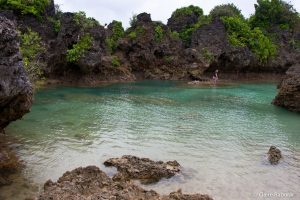 Photo from: https://triptheislands.com/destinations/top-10-must-visit-attractions-of-sorsogon/
Photo from: https://triptheislands.com/destinations/top-10-must-visit-attractions-of-sorsogon/
Philippine Hobie Challenge
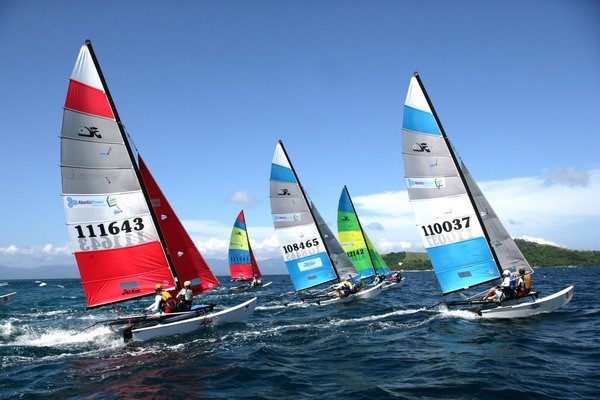 Photo from: environmentphilippines.com
Photo from: environmentphilippines.com
Except for its overland link with the province of Albay to the north, it is completely surrounded by water. Sorsogon is the gateway of Luzon to the Visayas and Mindanao through its Roll-on/Roll-off ferry terminal facilities located in the municipalities of Matnog, Pilar and “For the third time, Bicol Region hosted the kick-off of Asia’s premier extreme sailing event, the Philippine Hobie Challenge last February 16 at Gubat, Sorsogon. This 260-mile journey from Gubat-Sambuyan-Bacsal-Marambut-Suluan to Siargao enticed both local and foreign water sports enthusiasts. It opened the opportunity for the municipality of Gubat to showcase the town’s best,” the QRES stated. Bulan. Read More: wikipedia.org
Pili Fruit and Nut
Sorsogon is also known for Pili Nuts, which is only found there, and nowhere else in the Philippines.
Pili is a tropical tree preferring deep, fertile, well-drained soil, warm temperatures, and well-distributed rainfall. It can not tolerate the slightest frost or low temperature.
Although they are grown as ornamental trees in many areas of the Old World tropics of Indonesia, Malaysia and the Philippines, only the Philippines produces and processes pili nuts commercially. There is no commercial planting of this crop, fruits are collected from natural stands in the mountains near these provinces. In 1977, the Philippines exported approximately 3.8 t of pili preparation to Guam and Australia.
The most important product from pili is the kernel. When raw, it resembles the flavor of roasted pumpkin seed, and when roasted, its mild, nutty flavor and tender-crispy texture is superior to that of the almond. In Indonesia, epecially in Minahasa and Moluccas islands, the kernels are used for making cake, bobengka in Minahasan or bubengka in Maluku. Pili kernel is also used in chocolate, ice cream, and baked goods. The largest buyers of pili nuts are in Hong Kong and Taiwan, the kernel is one of the major ingredients in one type of the famous Chinese festive desserts known as the “moon cake”.
Shelled Pili Nuts Cooked With Caramelized Sugar
The young shoots and the fruit pulp are edible. The shoots are used in salads, and the pulp is eaten after it is boiled and seasoned. Boiled pili pulp resembles the sweet potato in texture, it is oily (about 12%) and is considered to have food value similar to the avocado. Pulp oil can be extracted and used for cooking or as a substitute for cotton seed oil in the manufacture of soap and edible products. The stony shells are excellent as fuel or as porous, inert growth medium for orchids and anthurium.
TABLE OF CONTENTS
Sorsogon, Host of Asia’s Premier Extreme Sailing Event, the Philippine Hobie Challenge
Whale Shark Watching in Donsol, Sorsogon
Colorful Festivals in Sorsogon

